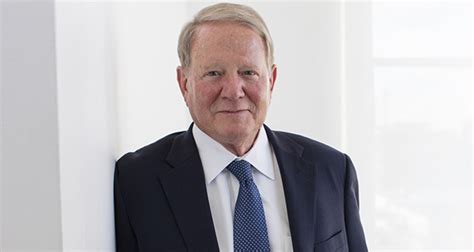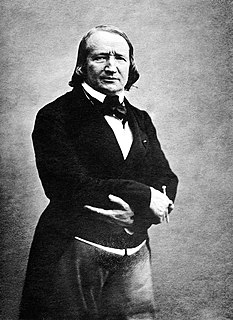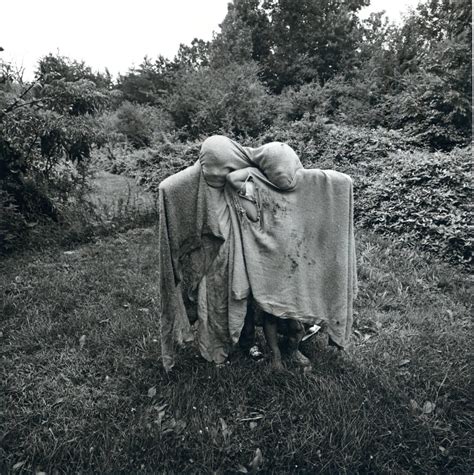A Quote by Dale Carnegie
One of the worst features about worrying is that it destroys our ability to concentrate. When we worry, our minds jump here and there and everywhere, and we lose all power of decision. However, when we force ourselves to face the worst and accept it mentally, we then eliminate all those vague imaginings and put ourselves in a position in which we are able to concentrate on our problem.
Related Quotes
It is difficult to see ourselves as we are. Sometimes we are fortunate enough to have good friends, lovers or others who will do us the good service of telling us the truth about ourselves. When we don't, we can so easily delude ourselves, lose a sense of truth about ourselves, and our conscience loses power and purpose. Mostly, we tell ourselves what we would like to hear. We lose our way.
After each failure, ask forgiveness, pick yourself up, and try again. Very often what God first helps us toward is not the virtue itself but just this power of always trying again. For however important chastity (or courage, or truthfulness, or any other virtue) may be, this process trains us in habits of the soul which are more important still. It cures our illusions about ourselves and teaches us to depend on God. We learn, on the one hand, that we cannot trust ourselves even in our best moments, and, on the other, that we need not despair even in our worst, for our failures are forgiven.
Rather than put ourselves down continually, we must work hard to concentrate on our positives, focusing on that which makes us unique and likable. We all have things that we would change if we could. Even people who we think have it all, don't. Nobody has it all because no one is perfect. We all realize this and yet continue to criticize and insult ourselves. Now is the time to stop this nonsense! Change what you can change and accept the rest as a necessary part of your own unique humanity. Make peace with who you are.
Each one of us needs time and space for recollection, meditation and calmness.... Thanks be to God that this is so! In fact, this need tells us that we are not made for work alone, but also to think, to reflect or even simply to follow with our minds and our hearts a tale, a story in which to immerse ourselves, in a certain sense to lose ourselves to find ourselves subsequently enriched.
In our concern for others, we worry less about ourselves. When we worry less about ourselves an experience of our own suffering is less intense. What does this tell us? Firstly, because our every action has a universal dimension, a potential impact on others' happiness, ethics are necessary as a means to ensure that we do not harm others. Secondly, it tells us that genuine happiness consists in those spiritual qualities of love, compassion, patience, tolerance and forgiveness and so on. For it is these which provide both for our happiness and others' happiness.
Of course, this is one of the really important things about art, that you can make more than you can understand at the moment the thing is being made. But the gap between what we recognize inside ourselves - our feelings- and our ability to trust ourselves and to trust exposing ourselves to those ideas, can be great.
When we know that the cause of something is in ourselves, and that we (ourselves) are one of the few things in the universe that we have the right and ability to change, we begin to get a sense of the choices we really do have, an inkling of the power we have, a feeling of being in charge... of our lives, of our future, of our dreams.
The image of the Goddess inspires women to see ourselves as divine, our bodies as sacred, the changing phases of our lives as holy, our aggression as healthy, our anger as purifying, and our power to nurture and create, but also to limit and destroy when necessary, as the very force that sustains all life. Through the Goddess we can discover our strength, enlighten our minds, own our bodies, and celebrate our emotions. We can move beyond narrow, constricting roles and become whole.





































